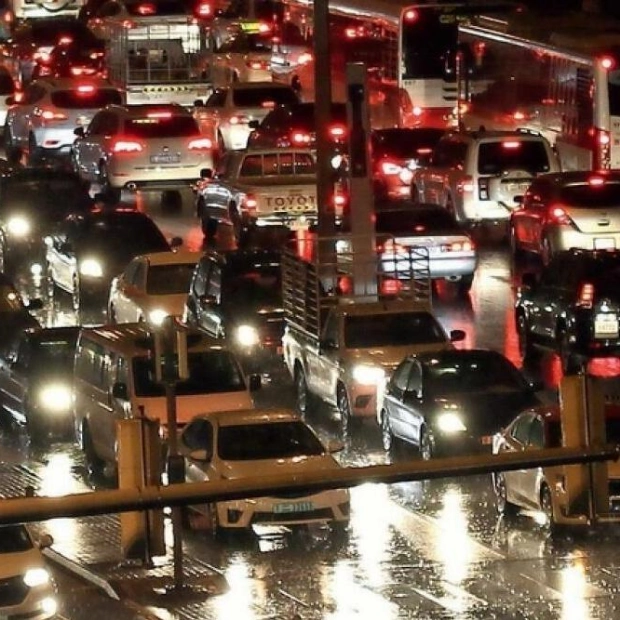North Korea is experiencing a severe heatwave, according to an official from the State Hydro-Meteorological Administration, who spoke to AFP on Tuesday. The temperature is expected to soar up to 37 degrees Celsius, and South Korea is also facing extreme heat conditions. Recently, North Korea's northern regions near China suffered from severe flooding, with state media highlighting efforts to reduce the effects of "disastrous abnormal weather".
Kim Kwang Hyok, from the State Hydro-Meteorological Administration, confirmed that the country has been hit by intense heat, including in Pyongyang. He warned that temperatures could reach between 33 and 37 degrees Celsius in certain areas, prompting the issuance of a heatwave warning until August 14th. The Administration is concentrating on heat forecasting and informing specific areas to enable them to take necessary precautions.
In South Korea, the interior ministry reported 21 suspected heat-related deaths this year, as temperatures reached an unprecedented 38.7C in Yeoju, Gyeonggi province. The country is also dealing with the "tropical night" phenomenon, where nighttime temperatures remain above 25C for extended periods, currently at 22 consecutive days, ranking third in recorded history. South Korea's electricity demand peaked on Monday due to widespread use of air conditioners and fans.
Conversely, North Korea faces chronic power shortages, with most residents lacking access to air conditioning. Ahn Chan-il, a researcher at the World Institute for North Korea Studies, noted that even in Pyongyang, only about 0.1% of the population can use an air conditioner. He speculated that North Korea would not report heat-related casualties, suggesting the death toll could be significantly higher than in the South. South Korean media reported up to 1,500 dead or missing due to recent flooding, but leader Kim Jong Un refuted these claims, calling them a "grave provocation" and an insult to the flood-affected people.






